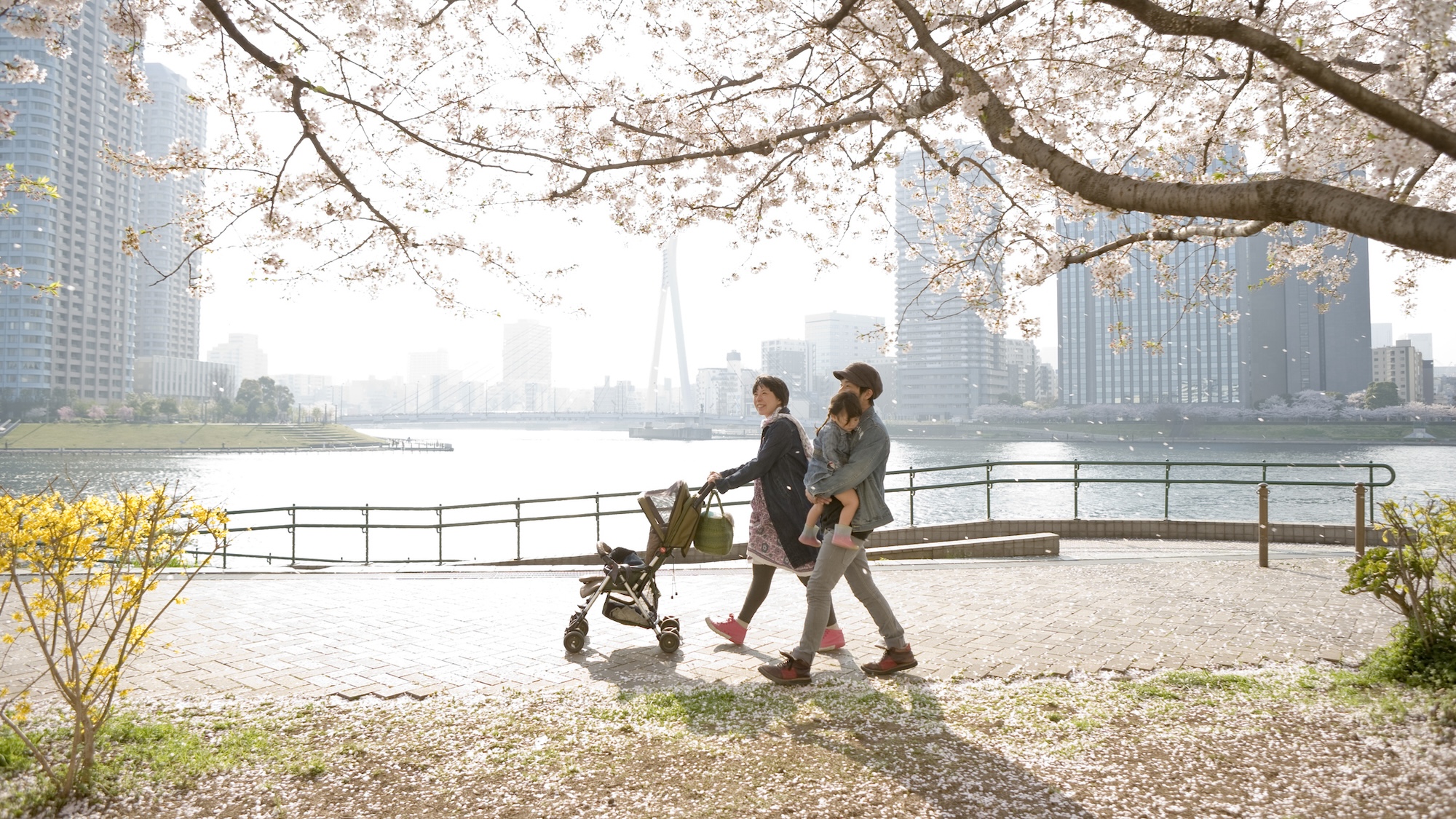

Studies show that four-day work weeks can help employee mental health, boost overall productivity, and even cut down on global greenhouse emissions. Tokyo’s city government, however, has decided to offer state employees three-day weekends in the hopes of another possible result: extra free time to make more babies.
The capitol’s governor, Yuriko Koike, announced the policy shift on December 3rd during a Tokyo Metropolitan Assembly regular session. During her speech, Gov. Koike made it clear that while the flexible schedules will apply to all workers, the move is particularly geared towards potential new mothers.
“We will continue to review work styles flexibly to ensure that women do not have to sacrifice their careers due to life events such as childbirth or child-rearing,” Koike said, according to The Japan Times on Wednesday, adding that, “Empowering women, a goal that has lagged far behind the rest of the world, has been a long-standing issue in our country.”
Tokyo’s government will implement the four-day work week in April 2025, while additional plans are reportedly underway to increase nursery school availability, as well as fund options for egg freezing.
Koike’s announcement is only the latest shift in child-centered workplace policies, both in Tokyo and elsewhere in Japan. The capital city of over 14 million residents passed laws in May requiring companies to provide flexible schedule options for parents of young children, such as remote work and shortened hours. Prefectures including Ibaraki, Miyagi, and Chiba are all rolling out similar four-day work week plans in the near future for most municipal employees.
Japan has grappled with labor shortages due to declining birth rates and aging residents for years. The nation has the oldest average population in the world, with an estimated 1-in-10 people currently over 80-years-old. Japan’s Health and Welfare Ministry recorded its eighth year of lowering birth rates in 2023 with just 758,631 newborns in a country of 124.62 million people. At the time, then-Prime Minister Fumio Kishida described the situation as “the biggest crisis Japan faces.” In addition to the rise in family-centered, four-day policies, many companies are investing in automation efforts, such as self-driving bullet trains, as a way to make up for fewer human workers.
A 2024 report by the International Monetary Fund also cites later-age marriages, gender wage gaps, cost-of-living, and childcare expenses as major barriers for potential families. Critics, however, argue that simpler solutions may be found in reforming Japan’s strict immigration policies, as well as dealing with longstanding issues related to culture, class, and race.
